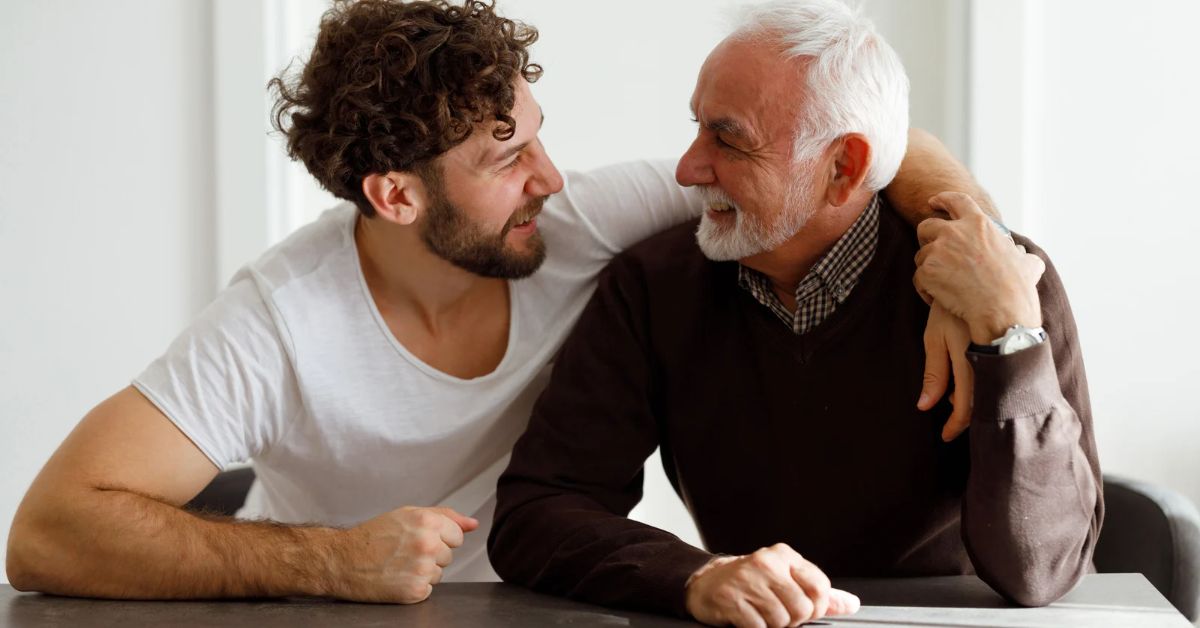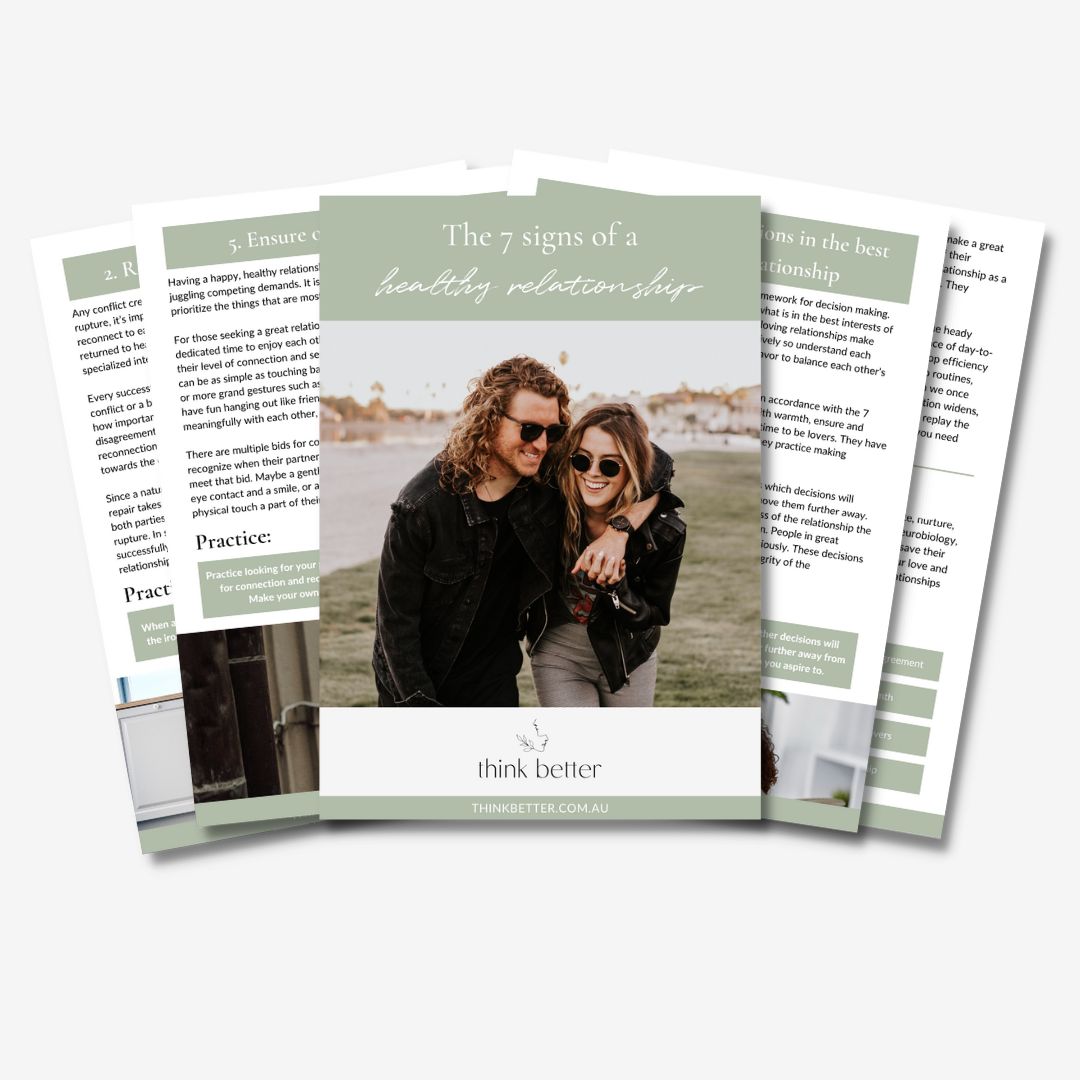If you read the 7 signs you are overly responsible for others and you’re clear that you do take on too much responsibility, the natural question that arises is, how do you stop feeling so responsible for others? Being overly responsible can be a heavy load to carry and many of us simply don’t know how to lay down the load.
When your sense of responsibility has flipped over to the dark side and you are stressed, exhausted and weighed down here are some strategies to help lighten the load:
Top 3 tips to feel less responsible
1. Know the difference between responsibility FOR and responsibility TO
The first step is to expand your understanding of the concept of responsibility. If you often feel a sense of responsibility FOR others, I’d like to introduce you to a very important distinction. Sometimes you do have a responsibility FOR others yet, at other times, you have a responsibility TO others. Feeling responsible FOR someone is a more onerous obligation and feeling responsible TO someone is less pressure and accountability. So, what is the difference?
When you are responsible FOR others, you support them and take care of their needs but you also take responsibility for them and feel accountable for the outcome. You are essentially guiding them through to an outcome over which you have high ownership and an expectation about what that outcome should be for them. This is common (and necessary) when parenting young children. You are responsible for their safety, education and helping them with life skills from brushing their teeth through to managing their health.
When you are responsible TO others, you support them and contribute but leave responsibility and accountability for the outcome with them. You do what you can within your control and in line with the boundaries of the relationship while leaving the outcome to the person. You take ownership of your part and allow the outcome to be the responsibility of the other. This is particularly important in romantic relationships, when you are a leader at work, and in relationships between parents and their adult children. When you take on too much responsibility for others you risk disempowering them. They don’t learn their own lessons and how to do things their way.
2. Avoid over-empathising
Sometimes the line between you and others may blur and you find yourself over-empathising and worrying excessively on their behalf. Unless the person you are feeling responsible for is a person in your direct care, who cannot care for themselves, you are not responsible for them and you are not responsible for their emotions. Ensure there is a clear mental and emotional boundary between you. You are two separate people with two separate sets of feelings. So let them have theirs and don’t take them on as your own.
3. Take a step back and learn to let go
Watching someone you care about do something you know is not going to work out well is hard. You can see their patterns and want to help them by trying to make things turn out differently. You might repeatedly step in, give advice, or do too much for them. But maybe your learning is knowing when you need to step away and let go of feeling so responsible for that person and how things will turn out. Stepping away may be physical, like taking a break or limiting contact, or it may be intentionally stepping away mentally.
Whenever you notice you are feeling tense or locked into a certain outcome, remind yourself to take a pause and let go of your conditioned sense of responsibility. Take a deep breath, invite your muscles to loosen and your mind to take a break. It does not mean you are not hopeful that things will turn out well, it simply invites greater acceptance when things don’t happen the way you want them to. Remember things will turn out the way they are going to, and you can either be stressed and worried about it or breathe, accept and let go. Whatever the outcome, your increased stress will not change it. (Read more about boundaries here.)
So, lighten your load by reducing who you are responsible for, don’t get caught in their feelings, and if you are struggling to put in these boundaries, take a step back and invite yourself to let go of your conditioned response. As with all skills it takes practice, so be kind to yourself as you learn to take less responsibility for others so you can experience greater ease within.




What a beautiful reminder of who and what we are responsible for and the importance of caring for ourselves, in the presence of responsibility.